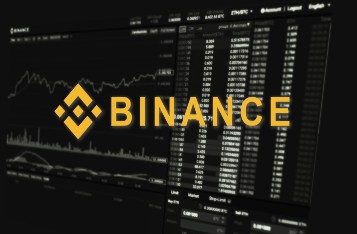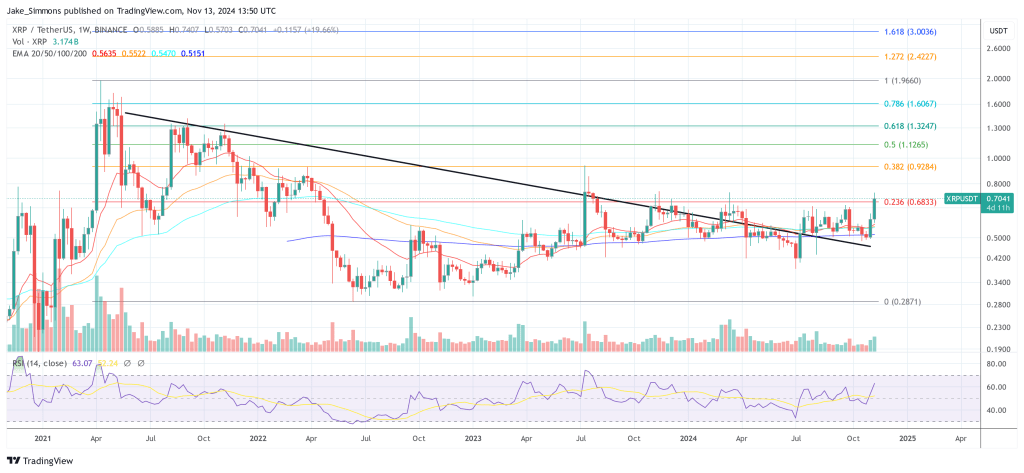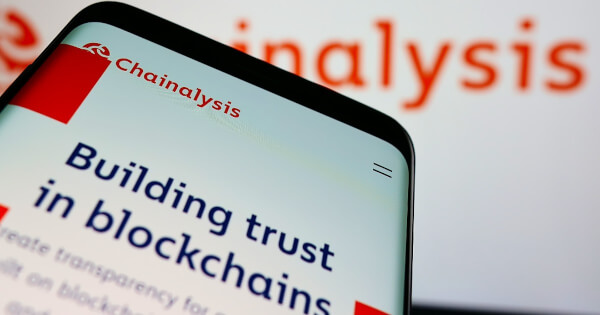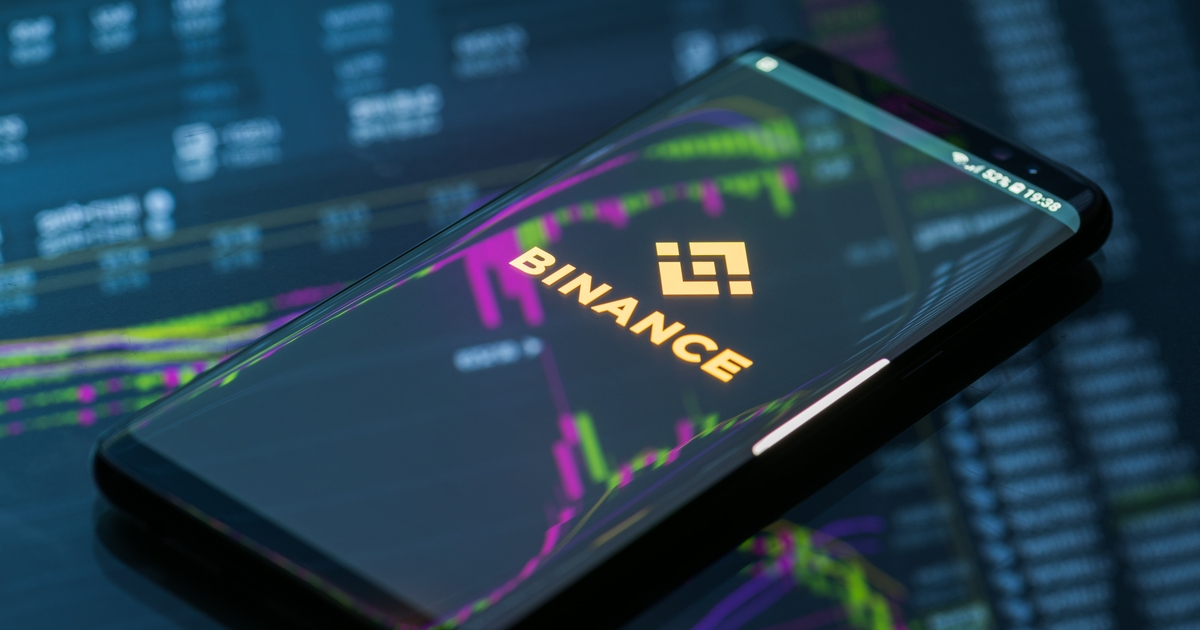Good morning. Here’s what’s happening:
Prices: Bitcoin suffers through another day of declines; ether falls.
Insights: Binance merits some criticism, but it's not a Ponzi scheme.
●Bitcoin (BTC): $21,234 −1.8%
●Ether (ETH): $1,440 −2.0%
●S&P 500 daily close: 3,921.05 −1.2%
●Gold: $1,716 per troy ounce −0.2%
●Ten-year Treasury yield daily close: 2.79% −0.03
Bitcoin, ether and gold prices are taken at approximately 4pm New York time. Bitcoin is the CoinDesk Bitcoin Price Index (XBX); Ether is the CoinDesk Ether Price Index (ETX); Gold is the COMEX spot price. Information about CoinDesk Indices can be found at coindesk.com/indices.
Prices
Bitcoin, Ether Drop on a Difficult Day for Cryptos
By James Rubin
Cryptocurrencies on Tuesday drifted further away from their recent highs as investors processed the latest spike in macroeconomic uncertainty and braced for aftershocks of the U.S. Federal Reserve's expected 75 basis point rate hike.
Bitcoin was recently trading at about $21,200, off slightly for the past 24 hours, although it was down more than 5% earlier in the day. The largest cryptocurrency by market value was changing hands over $24,000 as recently as last Wednesday amid renewed investor optimism that inflation might have peaked and that the global economy was declining at a reasonable pace. But the rally proved short-lived as BTC returned to the $18,000 to $22,000 range it has occupied since the first part of June, at one point dipping below $21,000 on Tuesday.
"We're really stuck in this range," Paul Eisma, head of trading at crypto finance firm XBTO Group, told CoinDesk TV's "First Mover" program. "And we're waiting to see what the data is and what the Fed really what their guidance is ... what they foresee."
Ether was recently trading just above $1,440, off less than a percentage point from the previous day but well off its most recent high above $1,600. The second-largest crypto by market cap after bitcoin rallied last week on optimism about the Merge, which would shift the Ethereum blockchain from a more energy intensive proof-of-work model to proof-of-stake, and investors' increased appetite for risk. A heightened level of options open interest, relative to that of BTC, underscored this trend.
But ether's 10% plunge on Monday represented its biggest dip in more than a month as the crypto broke from a six-day trading range of $1,460 to $1,660. The focus has shifted to ether's 50-day moving average of $1,293, as CoinDesk Senior Markets Reporter Omkar Godbole wrote. However, Fairlead Strategies founder and managing partner Katie Stockton wrote in a research note published Monday that support could dip lower, highlighting short-term signs of investor exhaustion. "A pullback in ether may find initial support at the 50-day [moving average] (~$1,293), but we expect an eventual retest of interim support ($1,000) on the next down leg," Stockton wrote.
Most other major cryptos fell deeply in the red, with UNI and SUSHI down more than 11% and 10%, respectively, at one point and SAND dropping by more than 6%.
Equities decline
Stock indexes suffered through a dreary day, with the tech-focused Nasdaq declining nearly 2% and the S&P 500, which has a tech-heavy component, and Dow Jones Industrial Average, falling 1.2% and 0.7%, respectively. Investors digested a Tuesday wave of disappointing earnings and other news. Among the low points: Retail giant Walmart (WMT) said that demand was shrinking because of rising prices for energy and fuel. Auto manufacturer General Motors (GM) missed its estimates for profitability. Google parent Alphabet (GOOG) reported its slowest quarterly sales growth in two years.
Meanwhile, the fallout from Russia's unprovoked invasion of Ukraine took a new but hardly unexpected turn with Russia's announcement Monday that it would cut gas flow through the pipeline that serves western Europe. Rising energy prices have played a major role in inflation throughout the continent and has put European economies on edge. Brent crude oil, a widely watched measure of energy prices, edged up near $100 per barrel and its price has risen nearly 40% since the start of the year.
Eisma noted the U.S. Federal Reserve's difficult position in combatting inflation without casting the economy into a deep, rapid recession and investors' understandable caution.
"The reality is the Fed is in a bind," Eisma said. "They have to have a balanced approach, but they don't want inflation expectations to get embedded because that's more dangerous than putting the economy in a mild recession."
He added : "This is a tricky week. If, with so much event risk this week and volatility, it's somewhat smart to either take some short-term profits to see if sort of the dynamic has changed. It's always smart to lessen risk going into the events that are coming in this week."
Insights
Binance Deserves Some Criticisms, but It’s Not a ‘Ponzi Scheme’
By Sam Reynolds
Binance’s CEO is once again suing the media, and this time he might have a case.
In the Chinese edition of Bloomberg Businessweek, published by Hong Kong-based firm Modern Media Cl, Bloomberg’s profile piece on Changpeng Zhao originally used the term “Ponzi scheme” in its headline.
The headline has since been changed, but court documents captured the original, which included the direct transliterated term for Ponzi scheme (龐氏騙局) and not a less-direct term that would leave some room for interpretation and debate.
This is strange because for all Binance’s flaws, it being a Ponzi is not something that even its fiercest critics would say.
Binance’s critics have pointed out that it has had at one time a lax Know-Your-Customer/Anti-Money Laundering (KYC/AML) regime, which is said to have made it a hub for illicit activity and a portal for sanctioned Iranians to trade.
For its part, Binance responded by highlighting its dozens of new hires in its KYC/AML department, including a number of heavy hitters from the law enforcement community. What might have been possible in Binance’s early days isn’t going to happen under their watch, is the mantra.
But for Chinese readers, "Ponzi scheme," when speaking about crypto, would be familiar territory. In China, state media often refer to it that way when mentioning crypto.
Just scroll through stories on Xinhua (a state news service) and you’ll see crypto being referred to as a Ponzi or a pyramid scheme. The language is similar to how regulators in China describe it. After all, (real) Ponzi schemes run rampant through the Chinese traditional finance markets, so regulators are undoubtedly concerned that this is the next major one.
As Bloomberg Businessweek’s Chinese edition is widely available within mainland China, it could be that the editors at Modern Media Cl chose to use aggressive, but familiar, language about crypto that would please authorities in China and the censors. After all, Binance began its operations in China before leaving as the regulatory environment turned hostile. Zhao, a Canadian national, is said to be persona non grata in the country.
2020 lawsuit
Zhao is no stranger to suing the media on claims of defamation. In 2020 Binance sued Forbes over the publication of language describing an alleged "Tai Chi" strategy that involved setting up a web of corporations to deflect regulatory scrutiny of Binance’s U.S. operations to its offshore counterparts.
Binance denied the veracity of the document, and said its provenance involved a pitch from a third-party corporate services firm that was never implemented.
If the Chinese version of Bloomberg Businessweek’s headline was about money laundering or the "Tai Chi" document, it would have an effective defense available to it in the form of qualified privilege, a libel defense created by U.K. courts (as a common law jurisdiction, Hong Kong courts cite case law from the U.K., and this defense has been tried before) that protects journalists from being found guilty of defamation even if they are wrong but have done a "responsible" amount of diligence in reporting.
In matters of public interest there’s a “right to be wrong ... not completely wrong, of course, but the defense will defeat a libel claim if, despite the journalist’s best efforts, some facts or allegations turn out to be wrong or false,” as one legal academic put it.
"Tai Chi" and Binance’s web of ownership are matters of public interest, and even if Forbes’ sources were wrong there’s still a defense available.
Ultimately, Binance dropped the case. But the firm still doesn’t have a declared headquarters, and for all that can be determined, the exchange exists as an intricate web of offshore entities.
But that doesn’t mean it's a Ponzi scheme.
Important events
Mining Disrupt (Miami)
Meta earnings (Q2)
(6 p.m. UTC): U.S. central bank interest rate statement
CoinDesk TV
In case you missed it, here is the most recent episode of "First Mover/" on CoinDesk TV:
"First Mover" dove into top stories affecting crypto markets, particularly the Federal Reserve's two-day meeting that kicks off Tuesday and news the Securities and Exchange Commission is reportedly investigating Coinbase (COIN) for allegedly listing securities. Host Christine Lee discussed the crypto markets with Paul Eisma, XBTO Group head of trading. Also, Tom Dunleavy of Messari discussed data analytics on the past, present and future of dogecoin (DOGE).
Headlines
Ether Chart Outlook Sours as Price Drops Below $1.4K; Fed Angst Weighs: An anticipated interest rate hike seems to be overshadowing Merge optimism.
SEC Probing Coinbase for Allegedly Listing Securities: Report: The investigation predates last week’s insider trading lawsuit, according to the report.
Rate Hike at Fed's July Meeting Provides a Credibility Test, With Cuts Already on Horizon: The U.S. central bank is expected to raise interest rates by 75 basis points, which many economists say is too dovish. But traders are thinking about possible rate cuts as soon as next year.
Binance CEO Sues Bloomberg’s Hong Kong Partner for Defamation: It's not the first time Zhao and Binance have sued the media.
Longer reads
Does Crypto Still Care About Elon Musk?: Tesla’s initial BTC purchase contributed to a wild, two-year price climb. But markets were unfazed after the car company offloaded most of its bitcoin.
Other voices: The crypto boom runs on hype men like ‘BitBoy,’ an untrained Atlanta YouTuber (Washington Post)
Said and heard
"Digital asset investment products saw inflows totaling US$30m last week, while late reporting of trades from the prior week saw inflows corrected from US$12m to US$343m, marking the largest single week of inflows since November 2021." (CoinShares blog) ... "On a more serious note, our security team just discovered an incident at another major exchange. Not directly fund related. Info leak related, but could easily lead to fund losses. We have informed them." (Binance CEO Changpeng Zhao/Twitter)

You can get bonuses upto $100 FREE BONUS when you:
💰 Install these recommended apps:
💲 SocialGood - 100% Crypto Back on Everyday Shopping
💲 xPortal - The DeFi For The Next Billion
💲 CryptoTab Browser - Lightweight, fast, and ready to mine!
💰 Register on these recommended exchanges:
🟡 Binance🟡 Bitfinex🟡 Bitmart🟡 Bittrex🟡 Bitget
🟡 CoinEx🟡 Crypto.com🟡 Gate.io🟡 Huobi🟡 Kucoin.



















Comments